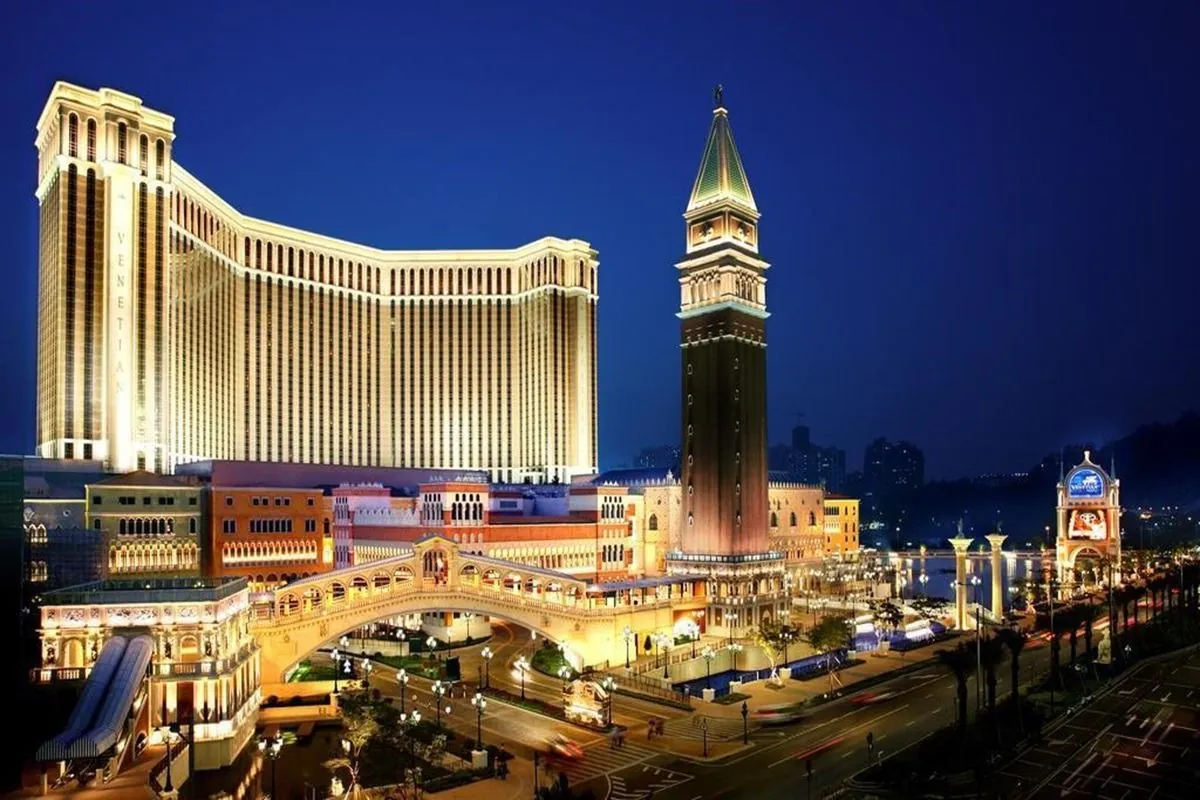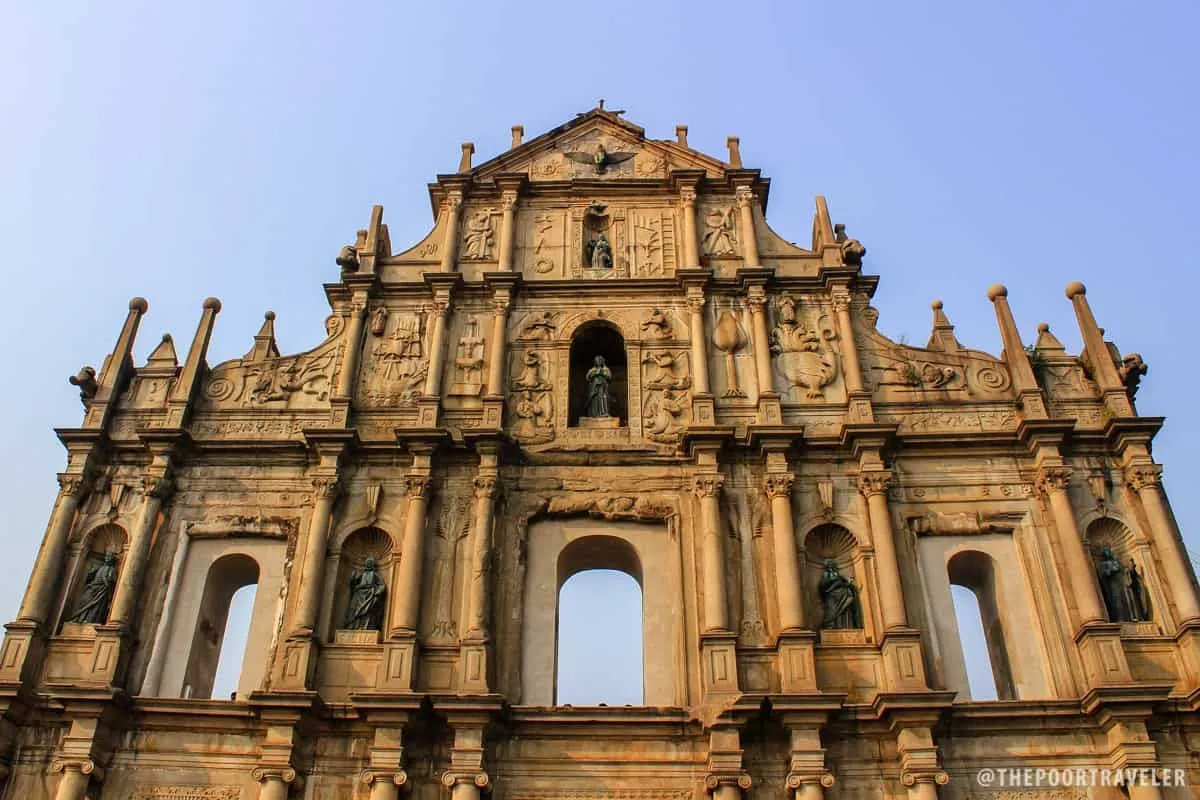Top Macau Judge Enters Chief Executive Race Amid Tourism Push
Sam Hou Fai, Macau's chief justice, announces bid for chief executive role. The move comes as the gambling hub seeks to diversify its economy and boost tourism beyond casino attractions.

Sam Hou Fai, Macau's top judge, has declared his intention to run in the upcoming chief executive election scheduled for October 13, 2024. This announcement comes as the former Portuguese colony, now a special administrative region of China, aims to diversify its economy and establish itself as a major regional tourist destination.
Sam, who has led Macau's highest court since 1999, recently resigned from his judicial positions in preparation for his candidacy. The 62-year-old legal expert, born in China's Guangdong province, is fluent in Portuguese and studied at the University of Coimbra, one of the world's oldest continuously operating universities, established in 1290.
As of now, no other candidates have put forward their nominations for the election. The incumbent chief executive, Ho Iat Seng, has stated he will not seek a second term due to health concerns. The election process in Macau is unique, with a panel of 400 pro-China loyalists granting permission to run, and Sam is anticipated to be the sole approved candidate.
Macau, the world's most densely populated region with approximately 650,000 residents, faces significant economic challenges. The territory's economy heavily relies on gambling, with casinos contributing over 80% of government revenue. This dependence has prompted efforts to diversify and attract a broader range of tourists.

Some experts have expressed concerns about Sam's lack of economic experience, which could potentially hinder Macau's transformation into a comprehensive tourism and leisure hub. Anthony Lawrance, founder of Intelligence Macau, commented on the situation, noting the unique circumstances of Macau's small population and governance needs.
However, Sam's connections to Portugal could prove beneficial in strengthening commerce and trade between China and Portuguese-speaking countries. This aligns with Beijing's vision of positioning Macau as a cultural bridge. The territory's unique blend of Portuguese and Chinese influences is evident in its landmarks, such as the Ruins of St. Paul's and the A-Ma Temple, built in 1488.
The gambling industry, a cornerstone of Macau's economy, is closely watching the developments. Casino executives are particularly interested in Sam's potential government appointments, especially the role of finance secretary who oversees the casino sector. Macau's economic significance is underscored by its high GDP per capita, surpassing many developed nations including the United States and Japan.
As Macau looks to the future, it faces the challenge of balancing its lucrative gambling industry with broader tourism appeal. The territory boasts unique attractions like the Macau Grand Prix, held annually since 1954, and the Macau Tower, one of the world's tallest freestanding structures at 338 meters. These assets, combined with its rich cultural heritage, position Macau for potential growth beyond its casino-centric image.
The upcoming election and Sam Hou Fai's potential leadership will play a crucial role in shaping Macau's future trajectory as it seeks to leverage its unique position and diversify its economy in the years to come.


































